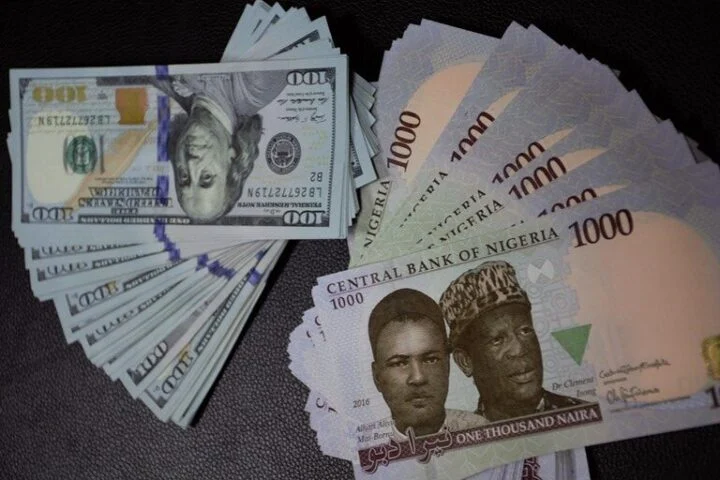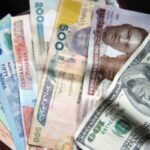CBN’s FX Market Intervention: A Limited Impact
On August 6, the Central Bank of Nigeria (CBN) made headlines with its largest single-day dollar sale, offloading $815 million directly to various businesses, including manufacturers and airlines.
The intervention was the biggest since Governor Olayemi Cardoso took office, aiming to stabilize the naira amidst mounting pressure.
Join our WhatsApp ChannelHowever, the anticipated results have not materialized. Despite the CBN’s efforts, the naira’s value has only seen a modest improvement.
The exchange rate of the dollar was at N1601 the day before the intervention and has only slightly decreased to N1592 as of August 20. This minimal change represents a mere 0.5 percent gain for the naira.
“The market was expecting a significant appreciation of the naira, but that hasn’t happened,” said a trader who requested anonymity. “The CBN hoped this sale would showcase its ability to stabilize the FX market effectively.”
CBN’s Expectations and Market Realities
In a circular to banks announcing the retail dollar auction, the CBN cited “growing unmet foreign exchange demand” as a key reason for the intervention.
The bank hoped this move would ease the pressure on the naira and signal improved dollar liquidity.
“The CBN aimed to provide a substantial boost to the naira and demonstrate increased intervention capabilities,” the trader explained. “However, the market’s reaction shows there’s still a long way to go in restoring investor confidence.”
READ ALSO: CBN Intervenes In FX Market With $122.67m Sales To 46 Authorised Dealers To Promote Stability
Investor Sentiment and FX Market Challenges
One key issue highlighted by investors is the perceived shortage of dollars and the volatile exchange rate. This has led to a cautious approach from foreign investors.
A London-based fund manager noted, “Investors are hesitant to return to Nigeria due to doubts about the true state of reserves and the government’s financial stability, especially with recent changes in petrol subsidies.”
Data from the Nigerian Exchange (NGX) supports this caution, showing new foreign investments in the stock market fell to a six-month low of N37.57 billion in July. Bond traders have also observed a decline in foreign participation in bond auctions.
Inconsistent FX Market Interventions
The CBN’s interventions in the FX market have been sporadic. Business owners and traders alike have expressed concerns about the lack of consistency. Aminu Gwadebe, president of the Association of Bureau de Change operators, said, “Continuity is crucial. Without regular interventions, people lose confidence, which pressures the parallel market.”
The current inconsistency in dollar sales has contributed to a lack of trust in the FX market, exacerbating pressures on the parallel market where the naira continues to struggle.
The Long Road to Stabilization
The naira has faced significant challenges since the CBN’s recent FX reforms aimed at finding a market-determined rate. The currency has plummeted from N460/$ to over N1,580/$, despite the CBN’s efforts to tighten liquidity and restore investor confidence.
A former bank managing director commented, “Nigeria is still grappling with a dysfunctional FX market from the past eight years. The damage caused by previous policies has not been easily undone.”
Under Governor Olayemi Cardoso, the CBN has moved away from unorthodox monetary policies, striving to implement market reforms. However, the process of rebuilding trust and stabilizing the FX market is proving to be slow and complex.
Conclusion: A Challenging Path Ahead
The FX market in Nigeria faces a challenging road to recovery. The CBN’s recent intervention, while substantial, has not achieved the expected results in stabilizing the naira. With investor confidence still fragile and market conditions uncertain, the path to a stable FX market will require continued efforts and consistent policies.
“Forex trading in Nigeria is rusty,” said a source familiar with the situation. “It’s like trying to restart a car parked for years. There’s a lack of experienced traders and market-making skills.”
The CBN’s ongoing challenge will be navigating these complexities and working towards a more stable and transparent FX market that can support domestic and international investors.
Emmanuel Ochayi is a journalist. He is a graduate of the University of Lagos, School of first choice and the nations pride. Emmanuel is keen on exploring writing angles in different areas, including Business, climate change, politics, Education, and others.



















Follow Us